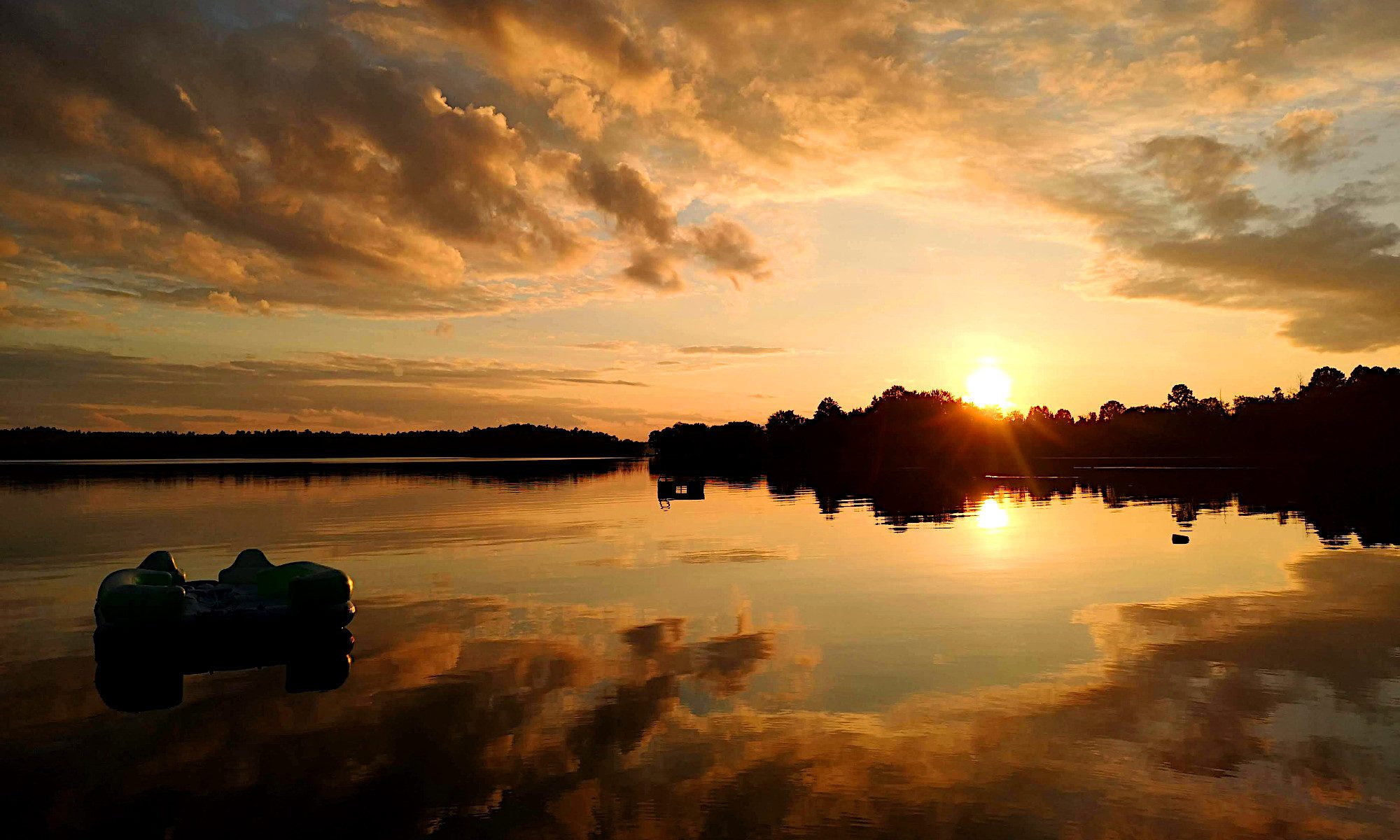When you’re sitting in your local coffee shop or Starbucks, watching people sip their no-foam skinny lattes and whatnot, it probably doesn’t seem like the kind of place a king would be so upset about that he would ban them, unless maybe he had a hard time finding power outlets or people kept hogging the Wi-Fi. Nevertheless, King Charles II banned coffeehouses in England in 1675. Why? Because as a number of historians have pointed out, in the 17th century coffeehouses were like the ancient equivalent of the Internet, or maybe Reddit. They were filled with intellectuals and merchants gossiping, and that made Chuck nervous, because he figured they might be plotting against him. Here’s what he said in his decree:
Whereas it is most apparent, that the Multitude of Coffee-Houses of late years set up and kept within the Kingdom, the Dominion of Wales, and the Town of Berwick on Tweed, and the great resort of Idle and disaffected persons to them, have produced very evil and dangerous effects; as well for that many Tradesmen and others, do therein mis-spend much of their time, which might and probably would otherwise by imployed in and about their Lawful Callings and Affairs; but also, for that in such houses, and by occasion of the meetings of such persons therein, diverse False, Malitious and Scandalous Reports are devised and spread abroad, to the Defamation of His Majesties Government, and to the Disturbance of the Peace and Quiet of the Realm; his Majesty hath thought it fit and necessary, That the said Coffee-houses be (for the future) put down and supressed


This Article was mentioned on brid.gy
This Article was mentioned on brid.gy
This Article was mentioned on brid.gy
This Article was mentioned on brid.gy
This Article was mentioned on brid.gy
This Article was mentioned on brid.gy
This Article was mentioned on brid.gy